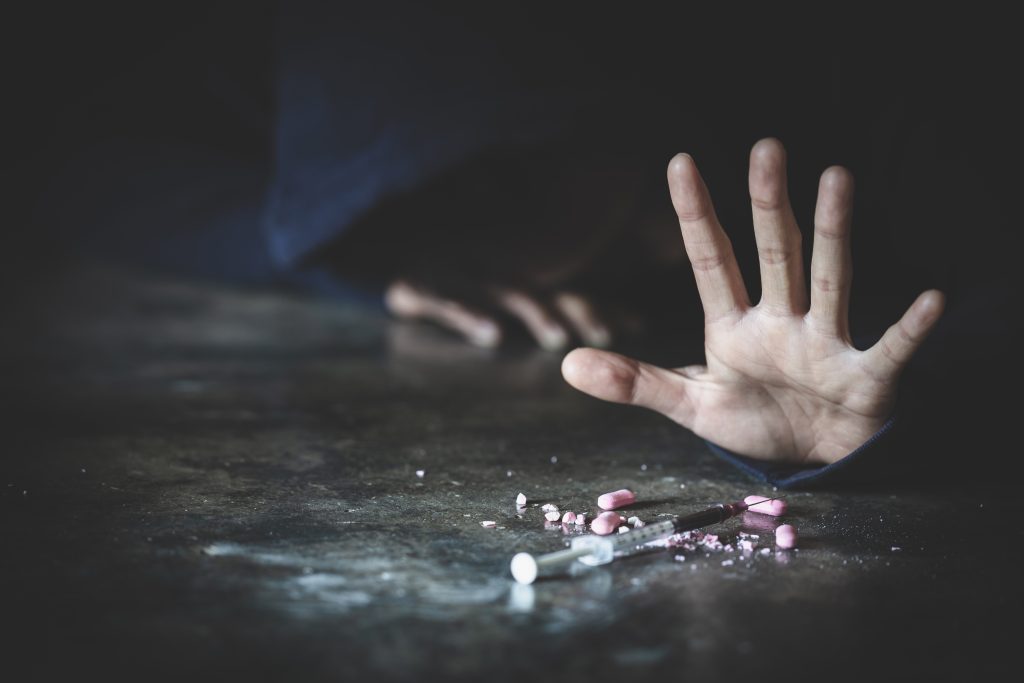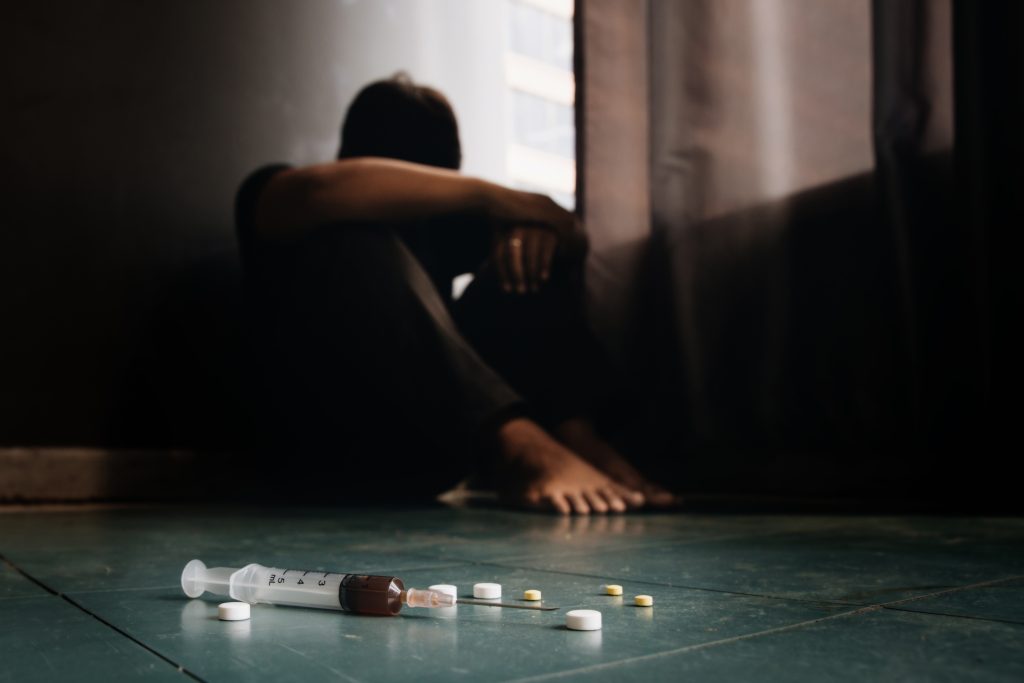Addiction is a serious problem that can have long-term and far-reaching consequences in all aspects of a person’s life. Whether you are looking for help for yourself or a loved one, it is critical to recognise the warning signs of addiction so that you can intervene before the problem escalates. Undoubtedly, casual substance use can potentially lead to a substance use disorder or addiction, which most people are unaware of while is even occurring. While there are several general early warning signs for substance use, each substance affects the body differently and thus manifests in different ways. Here are some signs to look out for if you suspect someone you know has a drug or alcohol problem.

Changes in mood or behaviour
Keep an eye out for sudden changes in mood or behaviour, especially if they seem out of character for the person in question. This can manifest as irritability, aggression, lethargy, isolation or depression. If you notice a loved one withdrawing from social activities or neglecting their appearance, this could be cause for concern.
Physical changes
Physical changes are another common indicator that something is wrong. Signs of a drug user, in particular, may be visible on their skin as rashes, sores, or needle marks. If someone you care about is exhibiting these physical changes, it may be time to confront them about their drug use. Similarly, alcohol use will often lead to changes in weight, appearance, and hygiene. If you notice your loved one is looking unkempt or has lost a significant amount of weight, this could be a sign that they are struggling with addiction.


Performance at work has been negatively affected
If your loved one’s performance at work or school has deteriorated, this could be another sign that they are struggling with addiction. If they are frequently missing deadlines, calling in sick or slacking off on their responsibilities, it may be time to have a talk with them. It’s possible that they’re using drugs or alcohol on the job to deal with the stress of their job or that they’re neglecting their responsibilities because of substance abuse.
Loved ones may become more secretive and isolate themselves
If your loved one has become more secretive and isolated from friends and family, it could be a sign of drug or alcohol abuse. You might even notice an increase in conflicts with others, such as yourself, family members or friends. This type of behaviour is frequently a cry for help, indicating that they require assistance to overcome their addiction.

If you suspect a loved one is suffering from an addiction, the best thing you can do is reach out and offer your support. You can also get advice on how to help an alcoholic or drug user by calling a drug and alcohol helpline. Remember that you are not alone in this and there is assistance available. The Wayback Committee is committed to helping people with addictions find a way back. We have been providing residential drug and alcohol treatment to the Sydney community since 1969, providing a place for people to come and live in rehabilitation. Our Residential Program is a four-phase program that moves clients through a variety of activities to achieve competency levels for graduation and has been shown to be an effective approach to treating addiction. If you or someone you know is struggling with addiction, please contact us. We are here to help!
